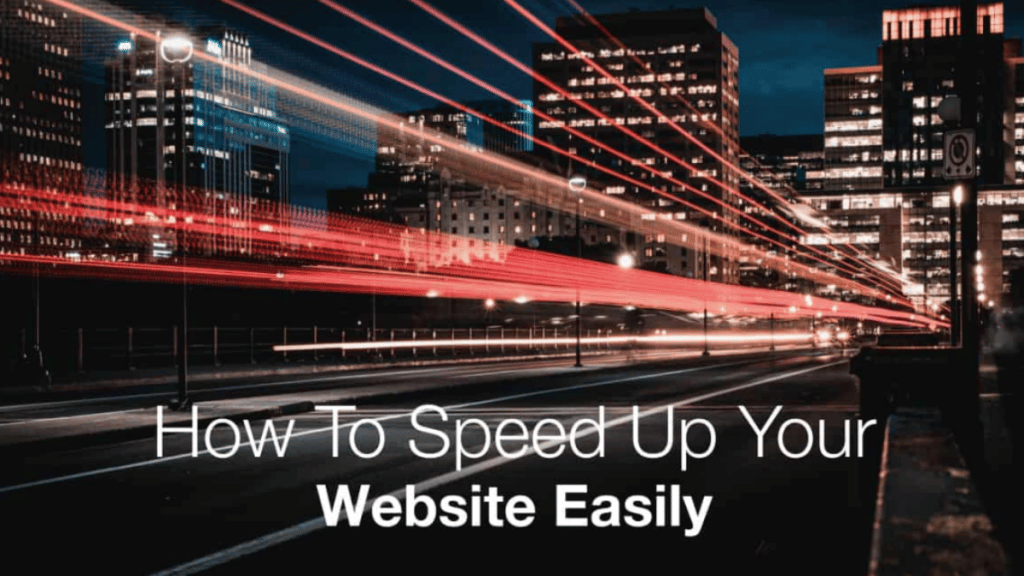WordPress speed optimization is the process of improving the loading time (speed) of a WordPress website. A fast-loading website is important for a number of reasons, including improving user experience, increasing engagement, and boosting search engine rankings. Speed is a ranking factor! Spark Factory has a turn-key solution for this if you don’t want to
tinker around with it.
There are several methods that can be used to optimize the speed of a WordPress site.
These include the following:
Caching:
Caching is the process of storing a copy of a web page or post in the browser’s cache so that it can be served up more quickly the next time the same page is requested. Caching plugins such as W3 Total Cache and WP Super Cache can significantly improve the speed of a WordPress site by caching static versions of pages and posts.
Image optimization:
Large, unoptimized images can slow down a website. Optimizing images by compressing them and reducing their file size can greatly improve the speed of a WordPress site. Plugins such as WP Smush and Kraken.io can help with this.
Content Delivery Network (CDN):
A CDN can speed up a site by serving cached copies of a site’s content to users from servers that are geographically closer to them.
Minimizing HTTP requests:
Each time a page loads, the browser makes multiple HTTP requests to the server to load all the various elements of the page. Minimizing the number of requests can speed up the page load time.
Minifying code:
Minifying CSS, JavaScript, and HTML can greatly improve the speed of a WordPress site. Minification removes unnecessary whitespace, comments, and other redundant code, reducing file size and speeding up load times.
Gzip compression:
Gzip is a type of compression that can greatly reduce the size of a website’s files. Enabling Gzip compression can make pages load faster for visitors.
Keep WordPress and plugins updated:
Updating to the latest version of WordPress and plugins can help improve performance and security.
Remove unnecessary plugins:
Deactivate and delete unnecessary plugins, as too many plugins can slow down a site.
Use a fast web hosting:
A fast and reliable web hosting service can greatly improve the speed of a site.
Monitor performance:
Plugins such as Query Monitor, P3 (Plugin Performance Profiler), and New Relic can help identify and troubleshoot performance bottlenecks on a site. It’s worth noting that optimizing a WordPress site’s speed is an ongoing task that requires constant monitoring and fine-tuning. You should be regularly testing your website’s speed using tools such as Google PageSpeed Insights, GTmetrix, and Pingdom and work on the identified issues.
You should also regularly clear the cache, optimize your database, and review and remove any unnecessary data, files, and resources.
Here are 10 tips on how to optimize your WordPress website:
Use a caching plugin:
Caching plugins, such as W3 Total Cache or WP Super Cache, can significantly speed up your WordPress site by caching static versions of your pages and posts.
Optimize images:
Large, unoptimized images can slow down your site. Use a plugin like WP Smush or Kraken.io to compress and optimize your images.
Use a Content Delivery Network (CDN):
A CDN can speed up your site by serving cached copies of your site’s content to users from servers that are geographically closer to them.
Minimize HTTP requests:
Each time a page loads, the browser makes multiple HTTP requests to the server to load all the various elements of the page. Minimizing the number of requests can speed up the page load time.
Minify CSS, JavaScript, and HTML:
Minification removes unnecessary whitespace, comments, and other redundant code, reducing file size and speeding up load times.
Use Gzip compression:
Gzip is a type of compression that can greatly reduce the size of your website’s files. Enabling Gzip compression can make your pages load faster for visitors.
Avoid using too many plugins:
Deactivate and delete unnecessary plugins, as too many plugins can slow down your site.
Use a fast web hosting:
A fast and reliable web hosting service can greatly improve the speed of your site.
Keep your WordPress version, theme and plugins updated:
Updating to the latest version can help improve performance and security.
Use a performance monitoring plugin:
Plugins such as Query Monitor, P3 (Plugin
Performance Profiler), and New Relic can help you identify and troubleshoot performance bottlenecks on your site.
Now that website speed is a ranking factor in Google’s algorithm, optimizing your WordPress
site for speed is more important than ever!


